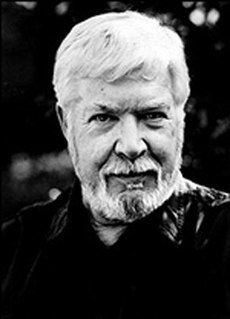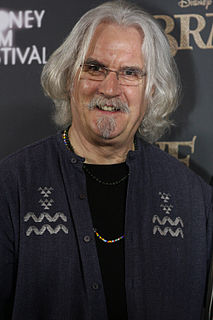A Quote by D. H. Lawrence
They say the sea is cold, but the sea contains the hottest blood of all, and the wildest, the most urgent.
Related Quotes
Say the sea. Say the sea. Say the sea. So that perhaps a drop of that magic may wander through time, and something might find it, and save it before it disappears forever. Say the sea. Because it's what we have left. Because faced by the sea, we without crosses, without magic, we must still have a weapon, something, so as not to die in silence, that's all.
Nobody could catch cold by the sea; nobody wanted appetite by the sea; nobody wanted spirits; nobody wanted strength. Sea air was healing, softening, relaxing - fortifying and bracing - seemingly just as was wanted - sometimes one, sometimes the other. If the sea breeze failed, the seabath was the certain corrective; and where bathing disagreed, the sea air alone was evidently designed by nature for the cure.
I really don't know why it is that all of us are so committed to the sea, except I think it is because in addition to the fact that the sea changes and the light changes, and ships change, it is because we all came from the sea. And it is an interesting biological fact that all of us have, in our veins the exact same percentage of salt in our blood that exists in the ocean, and, therefore, we have salt in our blood, in our sweat, in our tears. We are tied to the ocean. And when we go back to the sea, whether it is to sail or to watch it we are going back from whence we came.
To young men contemplating a voyage I would say go. The tales of rough usage are for the most part exaggerations, as also are the tales of sea danger. To face the elements is, to be sure, no light matter when the sea is in its grandest mood. You must then know the sea, and know that you know it, and not forget that it was made to be sailed over.
I don't like the beach. I think we have no business at the beach at all, as a species. We don't belong in the sea. The sea is full of things that bite us, sting us, hurt the soles of our feet, and it's extremely cold. When are we gonna take the hint that the things that live in the sea don't like us?
Every time I look at it, It looks back at me I love the sea, its waters are blue And the sky is too And the sea is very dear to me If when I grow up and the sea is still there Then I’ll open my eyes and smell the fresh air Because the sea is very dear to me The sea is very calm and that’s why I like it there The sand is brand new and the wind blows in my hair And the sea is very dear to me.
But in a way you can say that after leaving the sea, after all those millions of years of living inside of the sea, we took the ocean with us. When a woman makes a baby, she gives it water, inside her body, to grow in. That water inside her body is almost exactly the same as the water of the sea. It is salty, by just the same amount. She makes a little ocean, in her body. And not only this. Our blood and our sweating, they are both salty, almost exactly like the water from the sea is salty. We carry oceans inside of us, in our blood and our sweat. And we are crying the oceans, in our tears.
As I ate the oysters with their strong taste of the sea and their faint metallic taste that the cold white wine washed away, leaving only the sea taste and the succulent texture, and as I drank their cold liquid from each shell and washed it down with the crisp taste of the wine, I lost the empty feeling and began to be happy and to make plans.
The Sea of Galilee and the Dead Sea are made of the same water. It flows down, clean and cool, from the heights of Herman and the roots of the cedars of Lebanon. the Sea of Galilee makes beauty of it, the Sea of Galilee has an outlet. It gets to give. It gathers in its riches that it may pour them out again to fertilize the Jordan plain. But the Dead Sea with the same water makes horror. For the Dead Sea has no outlet. It gets to keep.






































